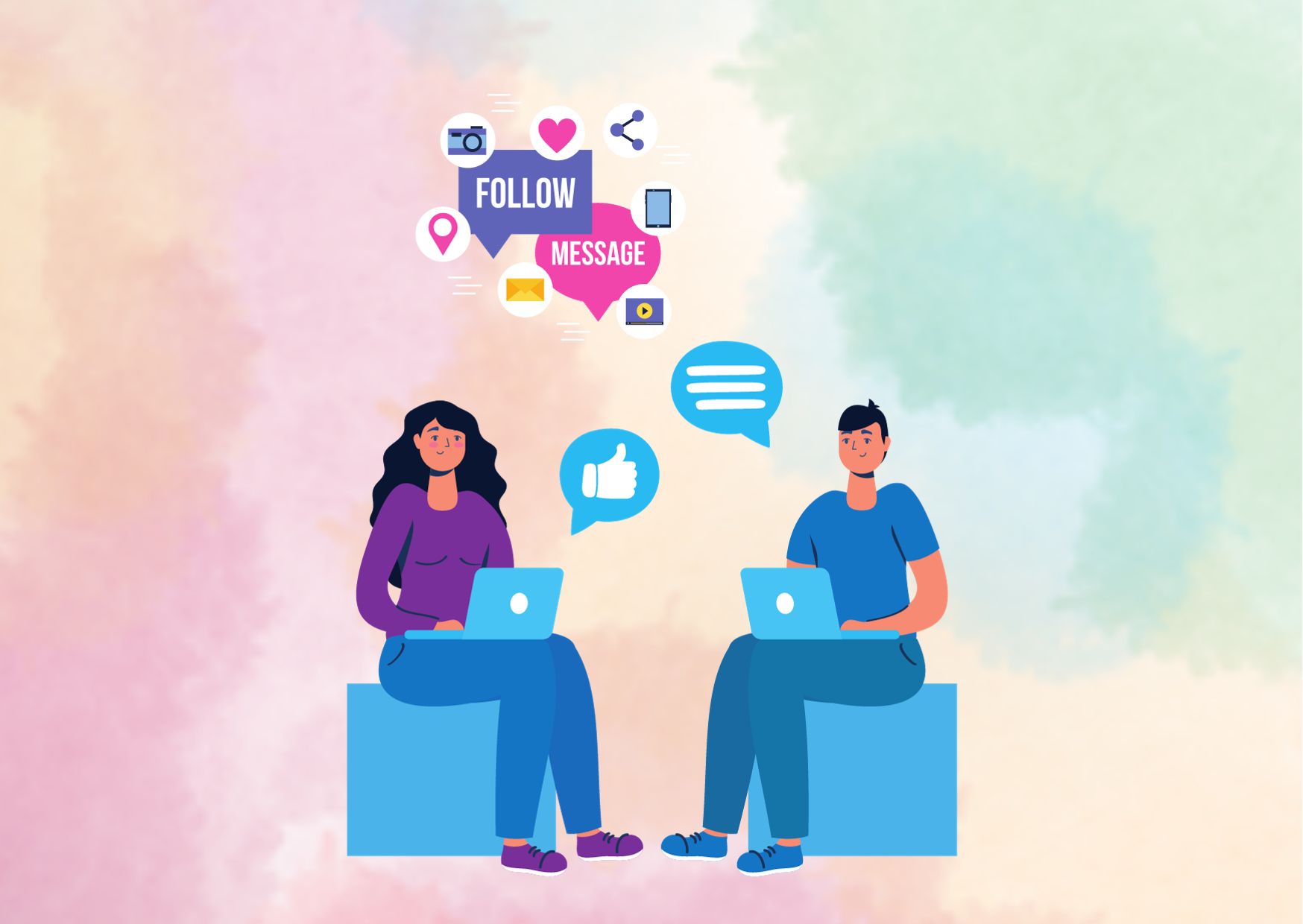Why Do People Use Social Media? Understanding the Effects and Benefits
In today’s digital age, social media has become an integral part of our lives. Whether it’s Facebook, Instagram, Twitter, or any other platform, people are spending more and more time on social media. But have you ever wondered why we do people use social media? What are the effects of social media on our lives? In this article, we will explore the reasons why people use social media and the impact it has on our mental health and well-being.
Why Do People Use Social Media?
1. Staying Connected: The Power of Social Connection
One of the primary reasons why do people use social media is to stay connected with others. It allows us to maintain relationships with friends and family, even when we are physically apart. Through social media platforms, we can share updates, photos, and videos, and stay updated on what our loved ones are doing. It provides a sense of belonging and helps us feel connected to a larger community.
2. Information and News: Keeping Up with the World
Social media has become a popular source of news and information. Many people use social media platforms to stay updated on current events, trending topics, and news stories. With just a few clicks, we can access a wide range of news articles, blog posts, and videos on various topics. Social media platforms provide a convenient way to consume news and stay informed about the world around us.
3. Entertainment and Recreation: Escaping Reality
Another reason people use social media is for entertainment and recreation. Platforms like Instagram, TikTok, and YouTube offer a plethora of entertaining content, from funny videos to captivating stories. Social media provides an escape from the stresses of everyday life, allowing us to relax and enjoy entertaining content. It’s a way to unwind and have some fun in our leisure time.
4. Expression and Self-Identity: Sharing Our Lives
Social media platforms serve as a platform for self-expression and self-identity. People use social media to share their thoughts, opinions, and experiences with others. It allows us to showcase our achievements, milestones, and highlights of our lives. By sharing our stories, we can shape our online persona and express ourselves creatively.
5. Social Validation: Seeking Approval and Recognition
One of the psychological aspects of social media is the desire for social validation. People often seek validation, approval, and recognition from their peers on social media platforms. Likes, comments, and shares serve as a form of validation, boosting our self-esteem and sense of worth. The positive feedback we receive on social media can have a significant impact on our self-image and confidence.
